US EIA cuts 2021 world oil demand growth forecast
The U.S. Energy Information Administration cut its 2021 world oil demand growth forecast by 80,000 barrels per day to 5.42 million bpd
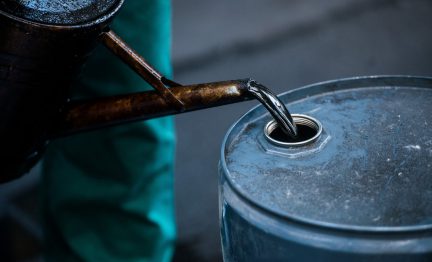
The U.S. Energy Information Administration cut its 2021 world oil demand growth forecast by 80,000 barrels per day to 5.42 million bpd

Oil prices slipped, taking a breather after touching their highest in six weeks as concerns of wider lockdowns in India and Brazil to curb the COVID-19 pandemic offset a bullish outlook on summer fuel demand and the economic recovery
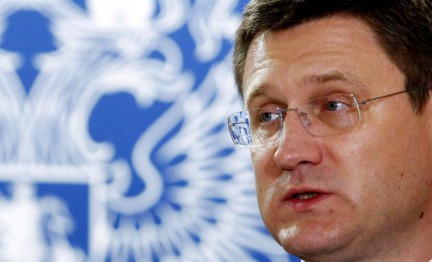
The panel decided to stick to policies broadly agreed at a previous April 1 meeting of OPEC+, Russian Deputy Prime Minister Alexander Novak said after the talks
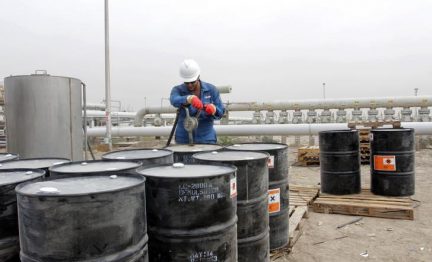
OPEC and its allies led by Russia will meet to discuss production policy amid upbeat forecasts for energy demand despite concerns about new coronavirus spikes in India, Brazil and Japan
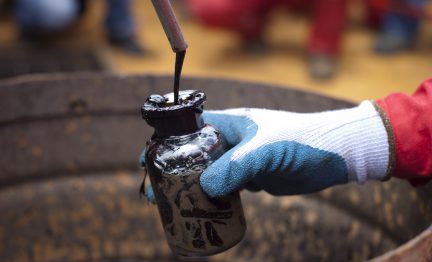
Oil rose to $67 a barrel and was heading for a weekly gain as a stronger demand outlook and signs of economic recovery in China and the United States offset rising COVID-19 infections in some other major economies

Demand will rise by 5.95 million barrels per day (bpd) in 2021, or 6.6%, the Organization of the Petroleum Exporting Countries forecast in its monthly report. That is up 70,000 bpd from last month
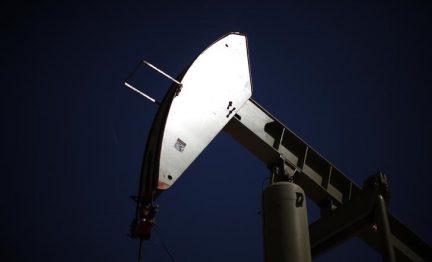
The US Energy Information Administration announced that it raised the forecast for 2021 world oil demand growth by 180,000 barrels per day (bpd) to 5.5 million bpd

OPEC said a recovery in oil demand will be focused on the second half of the year as the impact of the pandemic lingers as a headwind for the group and its allies in supporting the market

OPEC oil output fell in February as a voluntary cut by Saudi Arabia added to agreed reductions under a pact with allies ending a run of seven consecutive monthly increases
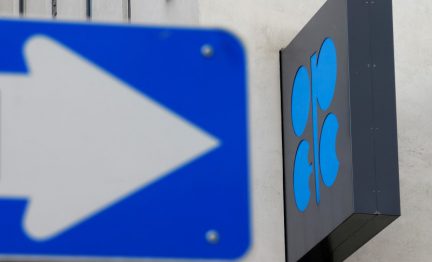
Demand will rise by 5.79 million barrels per day (bpd) this year to 96.05 million bpd, the Organization of the Petroleum Exporting Countries said in a monthly report